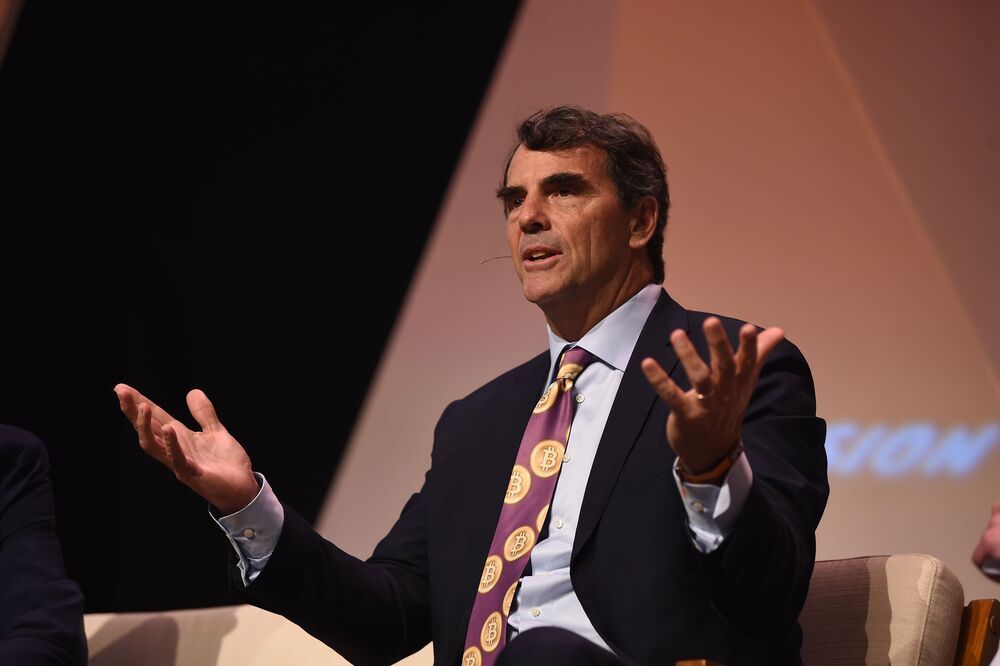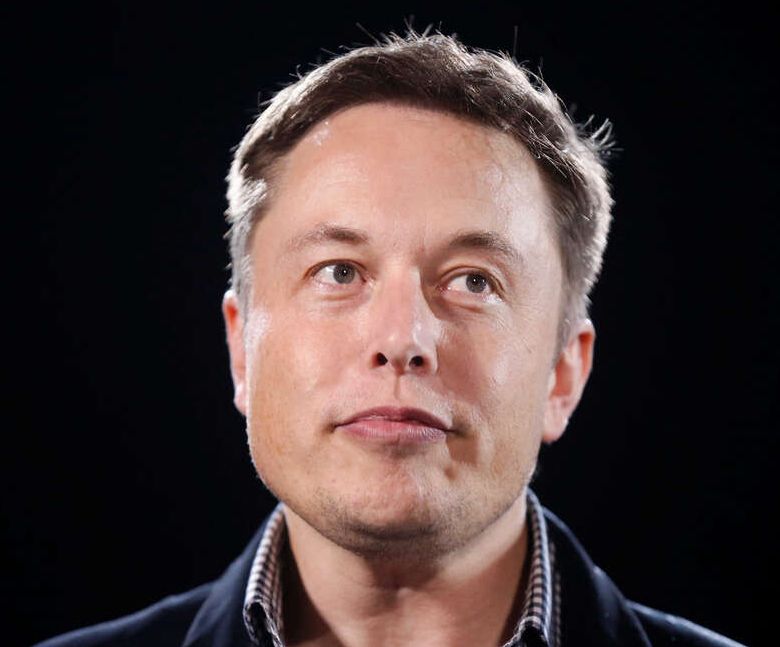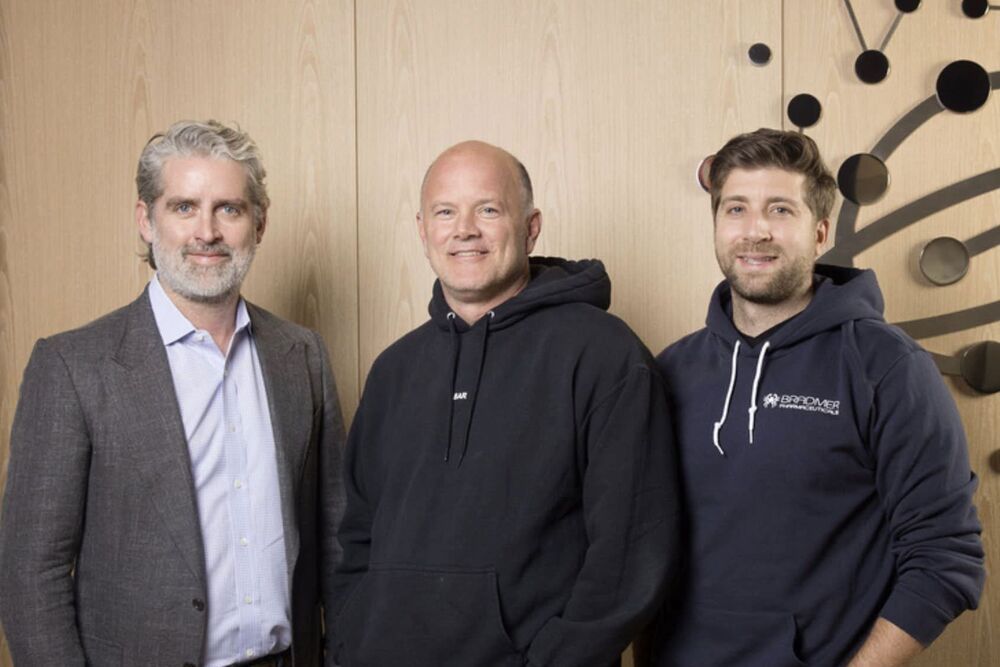Police seize and steamroll 1069 bitcoin machines worth $1.26 million.
Category: bitcoin – Page 26

ChainSwap Exploited: Projects Using The Bridge Protocol Crashed 99%
Following a second exploit in 9 days, over 14 tokens listed on the ChainSwap bridge have plunged 99%. The company insists: funds from individual wallets are safe.
ChainSwap, a cross-chain asset bridge and application smart chain, has become the latest victim of the increasingly worrying exploits happening in the DeFi ecosystem that has caused the sector to lose hundreds of millions of dollars since the start of the year.
What is ChainSwap?
As a hub for smart chains, the ChainSwap protocol acts as a defi bridge for projects and users to seamlessly move assets between different blockchains like Ethereum (ERC20), Binance Smart Chain (BSC), and Huobi’s ECO Chain.

Bitcoin power plant is turning a 12,000-year-old glacial lake into a hot tub
The fossil fuel power plant that a private equity firm revived to mine bitcoin is at it again. Not content to just pollute the atmosphere in pursuit of a volatile crypto asset with little real-world utility, this experiment in free marketeering is also dumping tens of millions of gallons of hot water into glacial Seneca Lake in upstate New York.
“The lake is so warm you feel like you’re in a hot tub,” Abi Buddington, who lives near the Greenidge power plant, told NBC News.
Neil Patrick Harris Is the New Spokesman for Crypto ATM Firm Coin Flip
Neil Patrick Harris is the latest celebrity to express love and enthusiasm for bitcoin. So much so that he is now serving as the new spokesperson for Coin Flip, a leading crypto ATM firm.
Neil Patrick Harris Is a Big Crypto Fan
Harris is well known for playing lead roles in television programs such as “How I Met Your Mother” and “Doogie Howser, M.D.” However, what many do not know about the young star is that he is an avid crypto trader and investor. He entered the bitcoin space relatively early and has spent the last few years watching his investment grow into something he never thought possible.
The Technological Revolution (The 4th Industrial Revolution Explained)
This video was made possible by NordPass. Sign up with this link and get 70% off your premium subscription + 1 monrth for free! https://nordpass.com/futurology.
Visit Our Parent Company EarthOne For Sustainable Living Made Simple ➤
https://earthone.io/
The story of humanity is progress, from the origins of humanity with slow disjointed progress to the agricultural revolution with linear progress and furthermore to the industrial revolution with exponential almost unfathomable progress.
This accelerating rate of change of progress is due to the compounding effect of technology, in which it enables countless more from 3D printing, autonomous vehicles, blockchain, batteries, remote surgeries, virtual and augmented reality, robotics – the list can go on and on. These devices in turn will lead to mass changes in society from energy generation, monetary systems, space colonization, automation and much more!
This trajectory of progress is now leading us into a time period that is, “characterized by a fusion of technologies that is blurring the lines between the physical, digital and biological spheres”, called by many the technological revolution or the 4th industrial revolution — in which everything will change, from the underlying structure and fundamental institutions of society to how we live our day-to-day lives.
00:00 Intro.

Billionaire bitcoin investor Tim Draper: 1 question he always asks before investing—and why he sometimes gets ‘3 hours of sleep’
“I’m at [email protected],” he tells CNBC Make It. He gives it out to everyone because he likes helping people and it keeps him on top of his game.
“I end up learning things that I never imagined I’d want to know,” Draper says.
Draper is a legend in the world of venture capital. Since the mid-1980s, he has built a fortune making early investments in companies like Hotmail, Skype, Baidu, Tesla and SpaceX.

Elon Musk and Jack Dorsey agree to talk about bitcoin at an event in July
Tech billionaires Elon Musk and Jack Dorsey have agreed to discuss bitcoin with each other at an event in July.
In a bizarre Twitter thread, Musk responded to a tweet from Dorsey promoting an event called “The B Word,” which aims to encourage companies and institutional investors to adopt bitcoin.
“Bicurious?” the Tesla CEO said, seemingly referring to the “B” word in question.

South African brothers disappear with $3.6B in bitcoin in alleged heist
Two brothers in South Africa have disappeared along with $3.6 billion worth of bitcoin that was housed on their cryptocurrency investment platform, according to a Cape Town law firm hired by investors to investigate the alleged heist.
The law firm, Hanekom Attorneys, said it has reported the incident to the Hawks, an elite unit of South Africa’s national police force. Hanekom has also reported the matter to South African financial regulators and crypto exchanges around the world.
The brothers, Ameer and Raees Cajee, set up their crypto investment service, Africrypt, in 2019.

Goldman Sachs ramps up bitcoin trading in new partnership with Mike Novogratzs Galaxy Digital
Goldman Sachs ramps up bitcoin trading in new partnership with Mike Novogratz’s Galaxy Digital.
The bank has begun trading bitcoin futures with Galaxy Digital, the crypto merchant bank founded by Mike Novogratz, CNBC has learned.
The trades represent the first time that Goldman has used a digital assets firm as a counterparty since the investment bank set up its cryptocurrency desk last month, according to Galaxy co-president Damien Vanderwilt.
The moves by Goldman, the preeminent global investment bank, may reverberate on Wall Street and beyond as banks increasingly face pressure from clients who want exposure to bitcoin. By being the first major U.S. bank to begin trading cryptocurrency, Goldman is essentially giving other banks cover to begin doing so as well, said Vanderwilt, a former Goldman partner who joined Galaxy last year.
